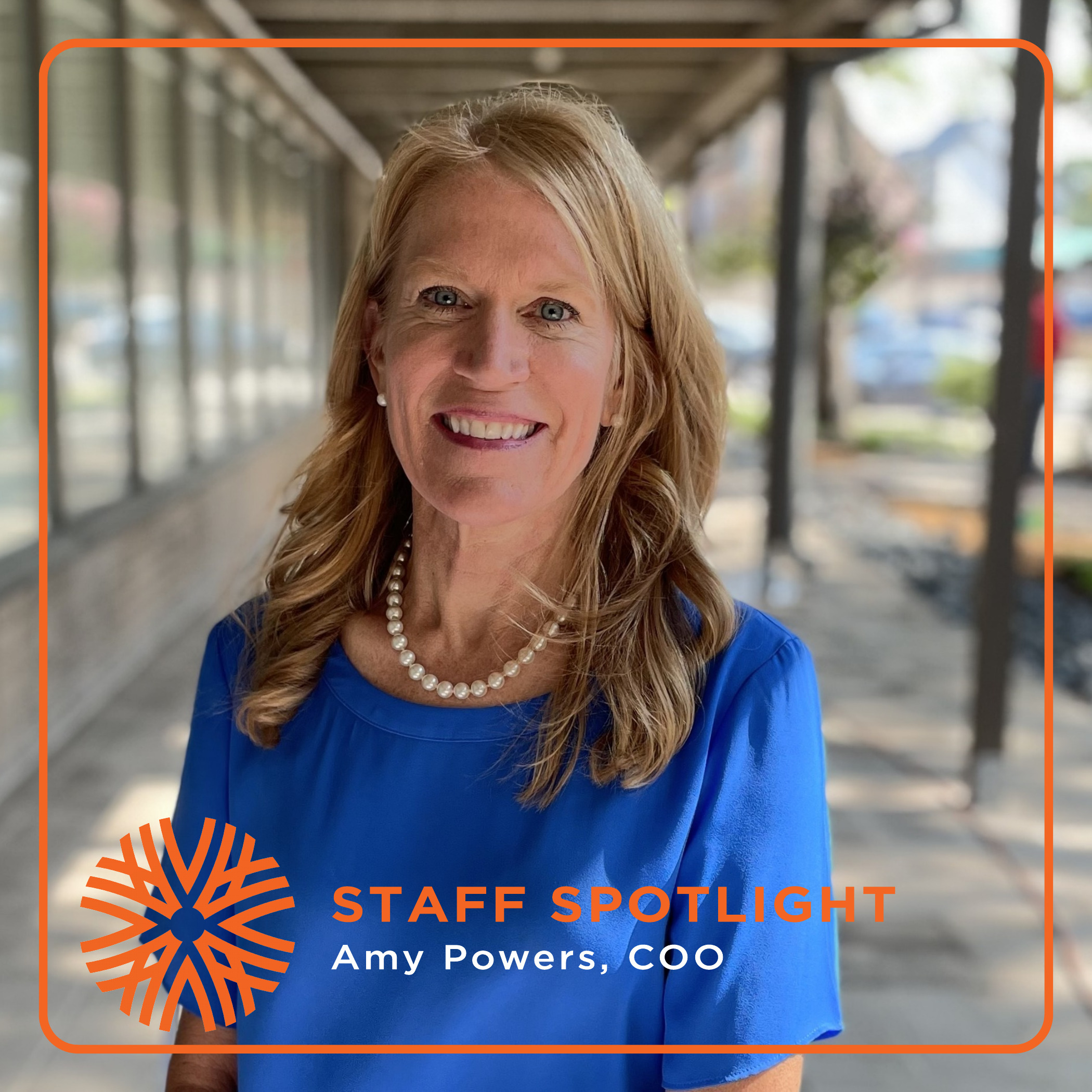Going the extra mile: closing the insurance parity gap
We’ve heard a lot about health parity lately. It’s a front-burner topic as celebrities and sports figures have reminded us of the importance of putting mental health first.

To put mental health first, we need mental health parity – where health insurance plans apply the same reimbursement rates and coverage for mental care as for physical care.
“Access to mental health care begins with being able to use your health insurance benefits,” said Amy Powers, MBA, Chief Operating Officer for The Center. “We're working hard to change the mindset of insuring mental health care. You wouldn’t pay out-of-pocket for cardiac rehab. You use your insurance. The same applies to mental health.
“It’s a journey and we go the extra mile. We work to educate insurance companies about mental health care. Similar to how early detection with a physical ailment creates better outcomes, the earlier a client can receive help, the better the long-term outcomes are with counseling.”
Continuing our mission
Amy continued, “Because we accept insurance, there remains a financial gap between what insurance pays for and what it takes to provide comprehensive treatment. When people give to The Center, donations can be earmarked to help close that gap and allow us to continue our mission of making mental health care accessible to all.”
Equitable health insurance reimbursement is crucial to sustainability and the future of mental health, especially post-pandemic. Historically, reimbursement rates are so low across the board that most mental health providers, especially small practices, are unwilling to accept insurance which creates a barrier to care and doesn’t move the needle.
“Right now, there’s not much incentive for therapists to accept insurance,” added Amy. "Most therapists don’t have the experience to work with insurance companies. Moreover, these therapists reinforce the stigma by creating false statements that accepting insurance results in receiving inferior care or that it dictates care. This is simply untrue and misleading. Is the health care you receive subpar because your physician accepts insurance? Absolutely not. But we do know healing is delayed when people don’t have access to care.
“Primary care doctors and other referral sources are thrilled to hear we accept insurance because so many therapists don’t and their patients need care. We work with insurance companies and underscore the importance of being able to use health insurance for counseling. It removes the stigma.”
More options for clients
“I’m so grateful for the opportunity to work with clients who can take advantage of mental health services by using their insurance,” added Stefani Adair, LPC, staff therapist at The Center.
“With mental health benefits, clients can get the necessary help they need. Most of my clients are using some form of insurance or a workplace EAP benefit. Many tell me insurance is what has allowed them to finally get the help that they need, often after multiple disappointing attempts to find a counselor they can afford. I feel good about being able to offer this service to clients who may not be able to go to therapy otherwise.”
For more than 50 years, The Center has been providing counseling, assessments and testing for children and adults of all ages – and the demand is at an all-time high. As a mental health care leader, The Center is committed to advocate for insurance parity.
Therapy and Assessments at The Center
Do you need to talk? At The Center we believe the first step is to talk about it. We're here for you. For more information or to schedule an appointment for therapy or an assessment at The Center’s Central Office or one of its Network Offices across North and Central Texas, call 214-526-4525 or go to www.thecentercounseling.org/team to learn more.